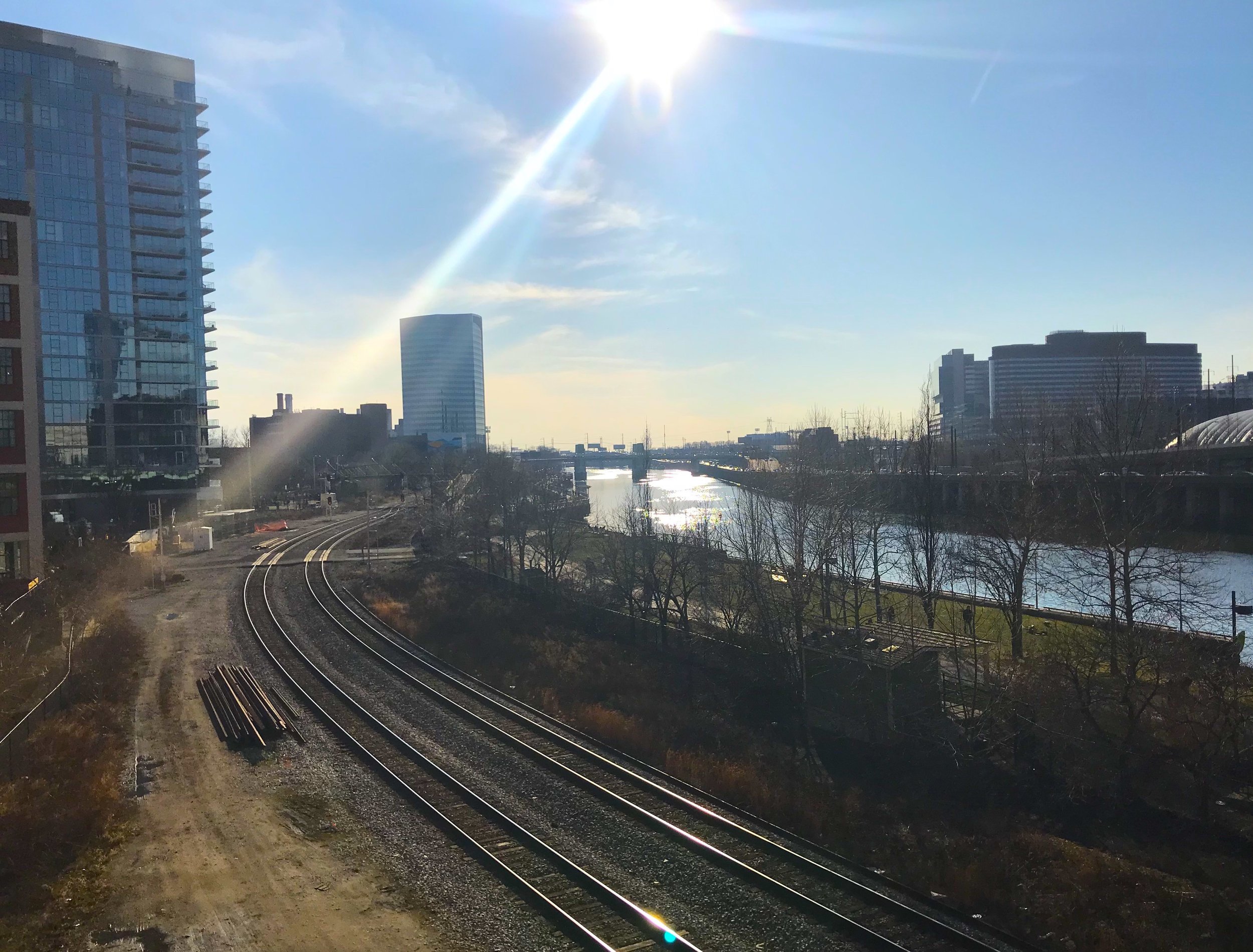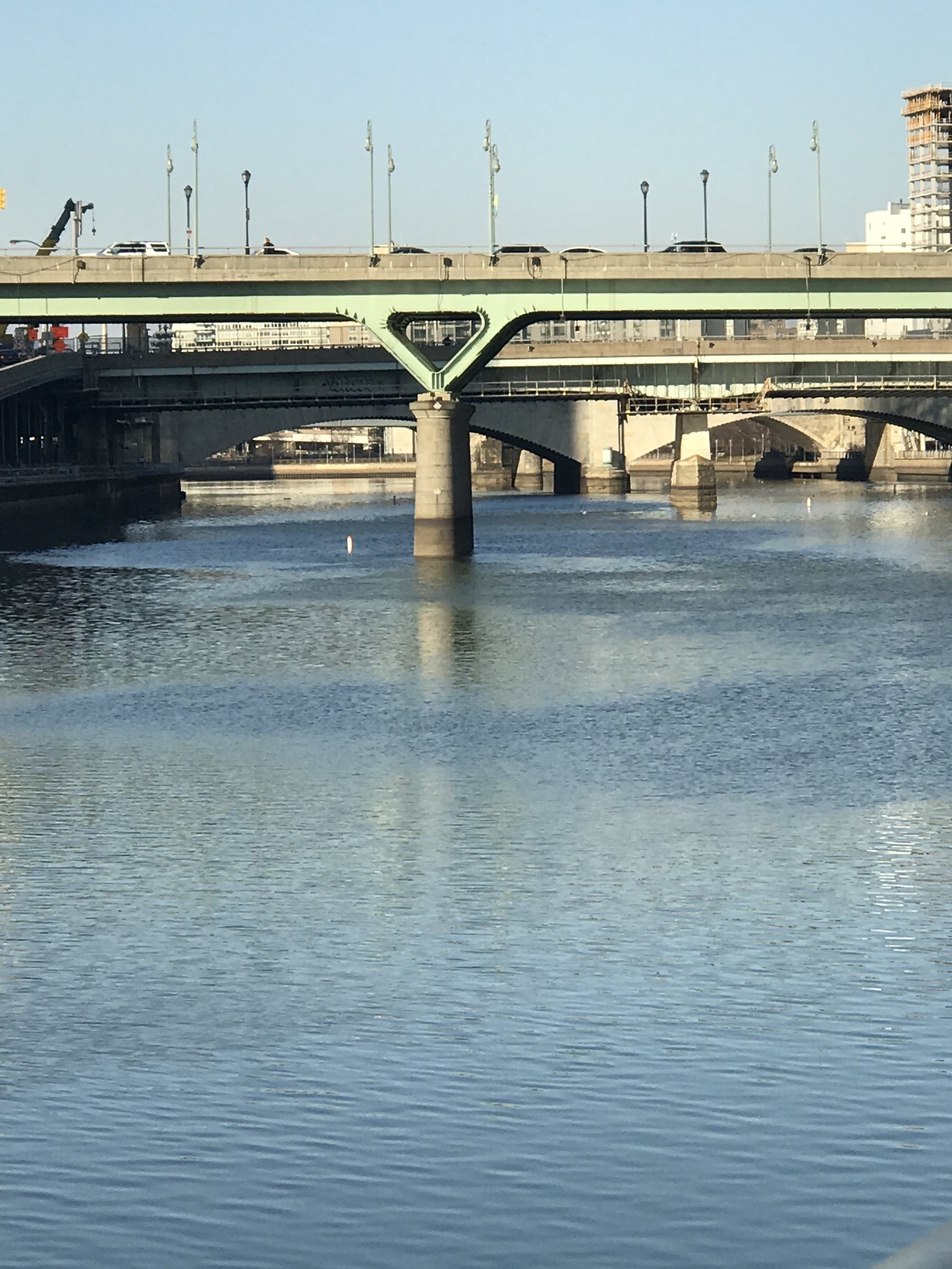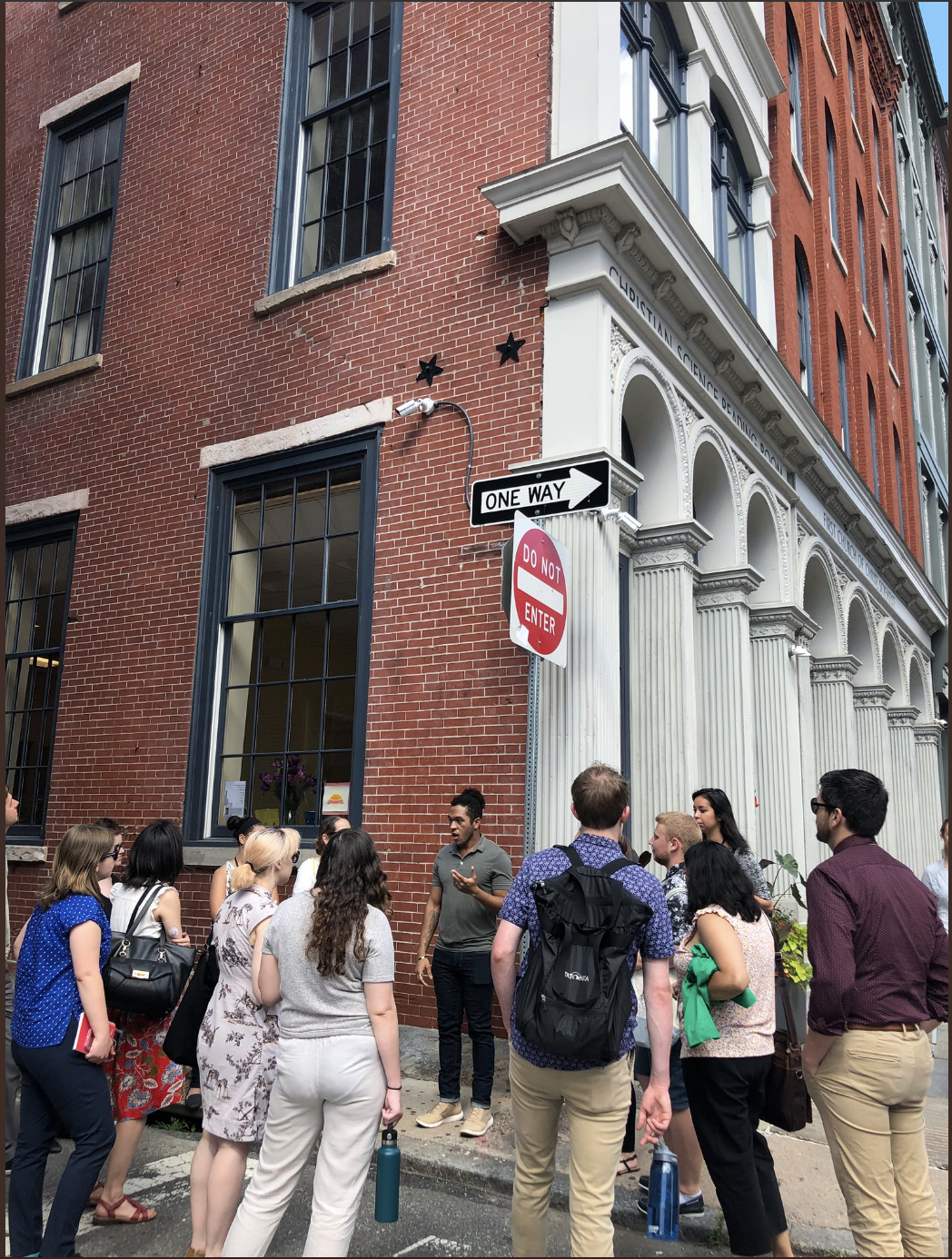Areas and Interests
Indigenous studies | Indigenous literatures | United States history | Queer theory
Archival methods | Environmental studies | Gender and sexuality | Performance
Broadly, my research interests are in the cultural, performance, and visual worlds of indigeneity as an avenue for narrating seemingly impossible worlds in the wake of settler colonial violence. I am interested in who the state deems impossible or inconvenient, what kinds of people and places are recognized as Indigenous and to what consequence. As such, much of my work attends to the lives of urban Native and Black-Native people, Native women, queer/two-spirit people, and their intersections. My work is driven by an Indigenous cultural critique that is grounded in women of color and Indigenous feminisms, queer studies, environmental studies, and performance as a critique of the biosocial foundations of settler colonial violence that disassembles Indigenous life. In looking toward public performance, creative writing, material culture, urban landscapes, and archival debris, my goal is to develop a pliable language that broadens the terrain of Indigenous antagonisms against the state. This marks my investment in the practices and productions of Indigenous people who are at once material and phantasmal, and a record of the various refusals Native people assert in and outside the legal bounds of federal recognition policies. In doing so I think through the conditions of possibility for Indigenous life that spill past archives and texts in order to twist time, history, and hope into the quotidian and ephemeral structures necessary for freedom.
My current scholarly research explores multitribal life in Philadelphia and offers a narrative of the ephemeral practices of Native peoples that confronted the city’s multicultural and colonial logics of recognition, imagining alternative forms of community. In embracing the seemingly impossible intimacies between one another, Native peoples enacted alternative futures both through writing and their bodies. This project reads various debris by these ephemeral moments that form a landscape of inter-Indigenous relations and develops a language for the conditions of Indigenous life. I read an eclectic set of archival material in conjunction with public performance, and queer theories of time to narrate strategies of survival and hope in the wake of the biosocial violence of settler colonialism. This project thus reflects on the creative (literal and metaphorical) strategies used by Indigenous peoples to re-articulate their narrative, political, and embodied sovereignty and practice a set of responsibilities that reflect another way of being in Philadelphia that refuse the continued unrecognition of Philadelphia as Lenape territory.





